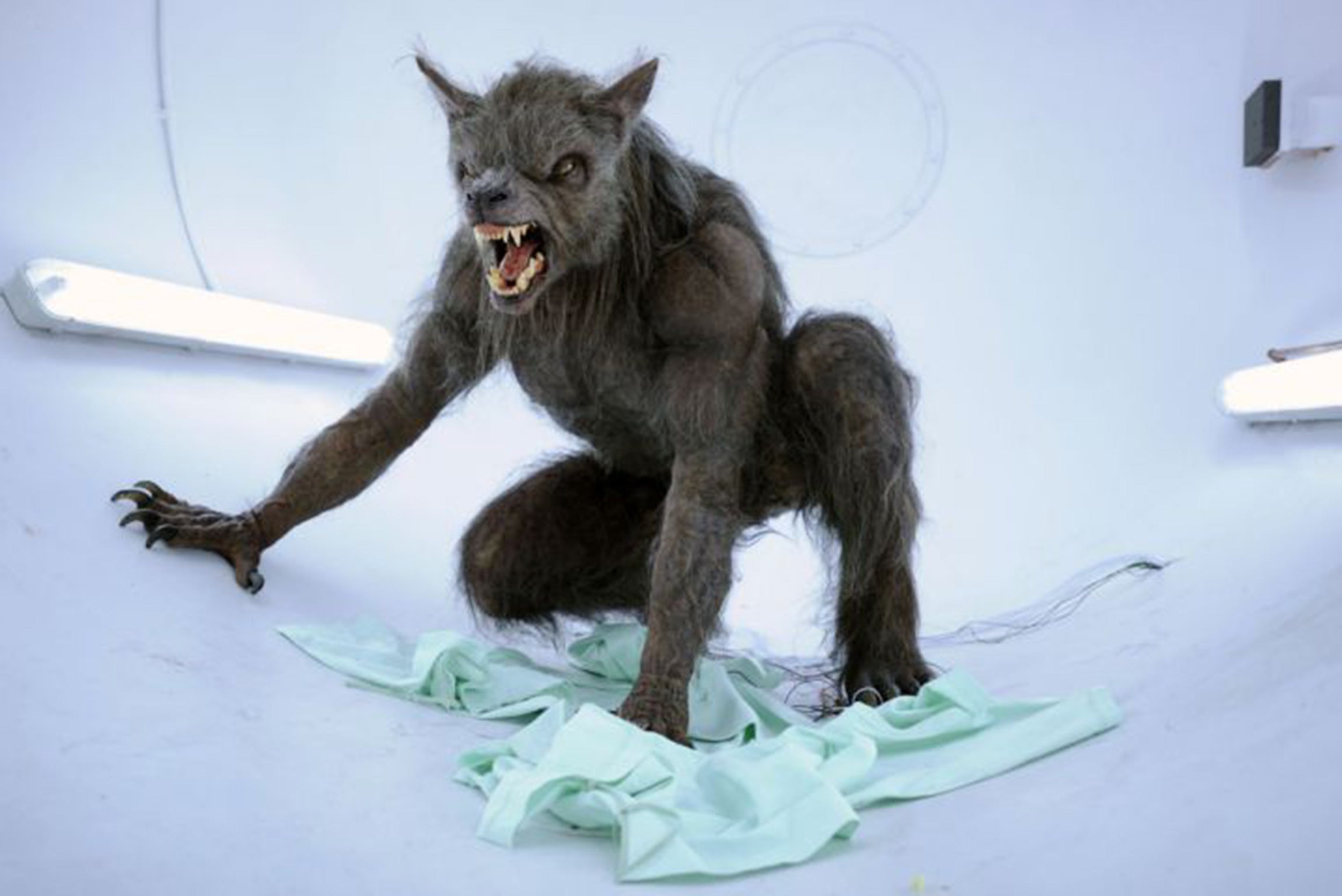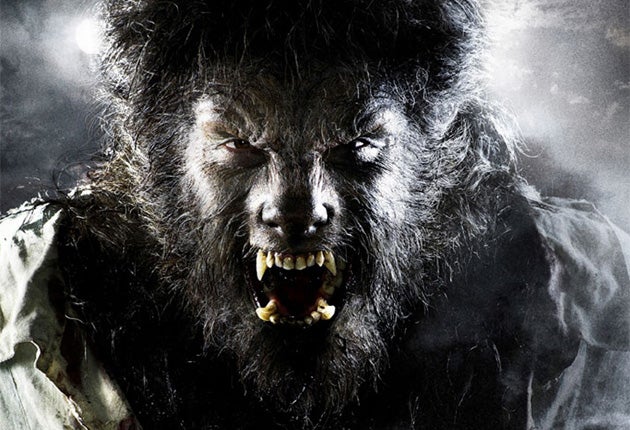Werewolf conference will see academics shine a light on folkloric shapeshifters
Organisers stress they 'do not believe in werewolves, zombies or vampires'

Your support helps us to tell the story
From reproductive rights to climate change to Big Tech, The Independent is on the ground when the story is developing. Whether it's investigating the financials of Elon Musk's pro-Trump PAC or producing our latest documentary, 'The A Word', which shines a light on the American women fighting for reproductive rights, we know how important it is to parse out the facts from the messaging.
At such a critical moment in US history, we need reporters on the ground. Your donation allows us to keep sending journalists to speak to both sides of the story.
The Independent is trusted by Americans across the entire political spectrum. And unlike many other quality news outlets, we choose not to lock Americans out of our reporting and analysis with paywalls. We believe quality journalism should be available to everyone, paid for by those who can afford it.
Your support makes all the difference.It was not the kind of announcement that one normally expects from a British university.
“Following its earlier vampire theme,” the missive began, “the University of Hertfordshire will turn its attention to creatures not strictly undead but which haunt the peripheries of the vampire – werewolves and shapeshifters – when it hosts the UK’s only werewolf conference.”
This was no product of a feverish university press officer’s imagination. The groundbreaking three-day conference “The Company of Wolves – Werewolves, Shapeshifters and Feral Humans” is expected to attract up to 100 academics and more than 50 speakers.
According to the conference programme, it will begin on 3 September, with “coffee and mini-pastries”. Not moonlight and slaughtered lamb.
However, the organisers are keen to stress that they “do not believe in werewolves, zombies or vampires nor do [they] consider [themselves] to be werewolves, zombies or vampires”.
The timing of the conference, five days after Saturday’s full moon, must thus be considered a coincidence, rather than a means to ensure no one is busy at night and everyone has had time to recover.

Instead, academics will gather in Hatfield to hear about such matters as “Rabid Bitches and Fanged Whores: Misogynistic Discourses in 19th-century Tales of the Female Werewolf”; ‘‘I’m Hairy on the Inside: Defining the Werewolf in Contemporary Fiction”; and “The Female Werewolf and the New Woman”.
The conference’s lead convener is Dr Sam George, a senior lecturer in literature at the University of Hertfordshire. She once wrote a cultural history of the tulip. But since then she has “been moving to the dark side”.
“It began when I was teaching students early 18th-century and Renaissance literature. They didn’t seem terribly interested, so I asked them: ‘What do you actually read?’ They said ‘vampire fiction’.
“I thought bringing that into the curriculum might engage students with literature. I have also always been fascinated by what the vampire represents in fiction.”
The result was a “Reading the Vampire” MA module in 2010, and the Open Graves, Open Minds research group led by Dr George. The group staged the “Vampires and the Undead in Modern Culture” conference in 2010, and now, said Dr George, they were at last turning their attention to werewolves.
“Werewolves,” said Dr George, “are not being given enough attention and are under-researched compared to vampires.
“We will publish a book, The Company of Wolves, drawn from research showcased at the conference by these top werewolf scholars.”
Such scholarship, she added, was valuable because “it helps us learn about our fears, about what it means to be human, and what is lost if we transform into animals. And we want to move away from the clichés.”
‘‘Hollywood, for example, has robbed us of an understanding of the rich and varied ways to become half-human, half-beast. You don’t just have to be bitten on a rainswept moor,’’ said Dr George. Folklore and medieval trials of suspected werewolves suggest you could also drink water from the footprints of a wolf.
Or, added Kaja Franck, a PhD student who helped organised the conference, you could “apply an ointment made from rendered human fat, or wear a girdle made from human flesh...”
Nor does the well-informed werewolf hunter need to rely on a silver bullet. Ms Franck, 29, who has used literary texts to create a table of the various ways of becoming, living and dying as a werewolf, said that pre-Hollywood, the beast was often considered vulnerable to “any method that would kill a human”.
Just as attitudes to wolves have softened, she said, so are more sympathetic views of werewolves emerging, for example, in works such as the Twilight series, “although technically the werewolves in those novels were actually shapeshifters”.
“I am all for more complex representations of monsters which suggest they are not purely evil,” said Ms Franck. “Yay for sparkly monsters!”
Join our commenting forum
Join thought-provoking conversations, follow other Independent readers and see their replies
Comments